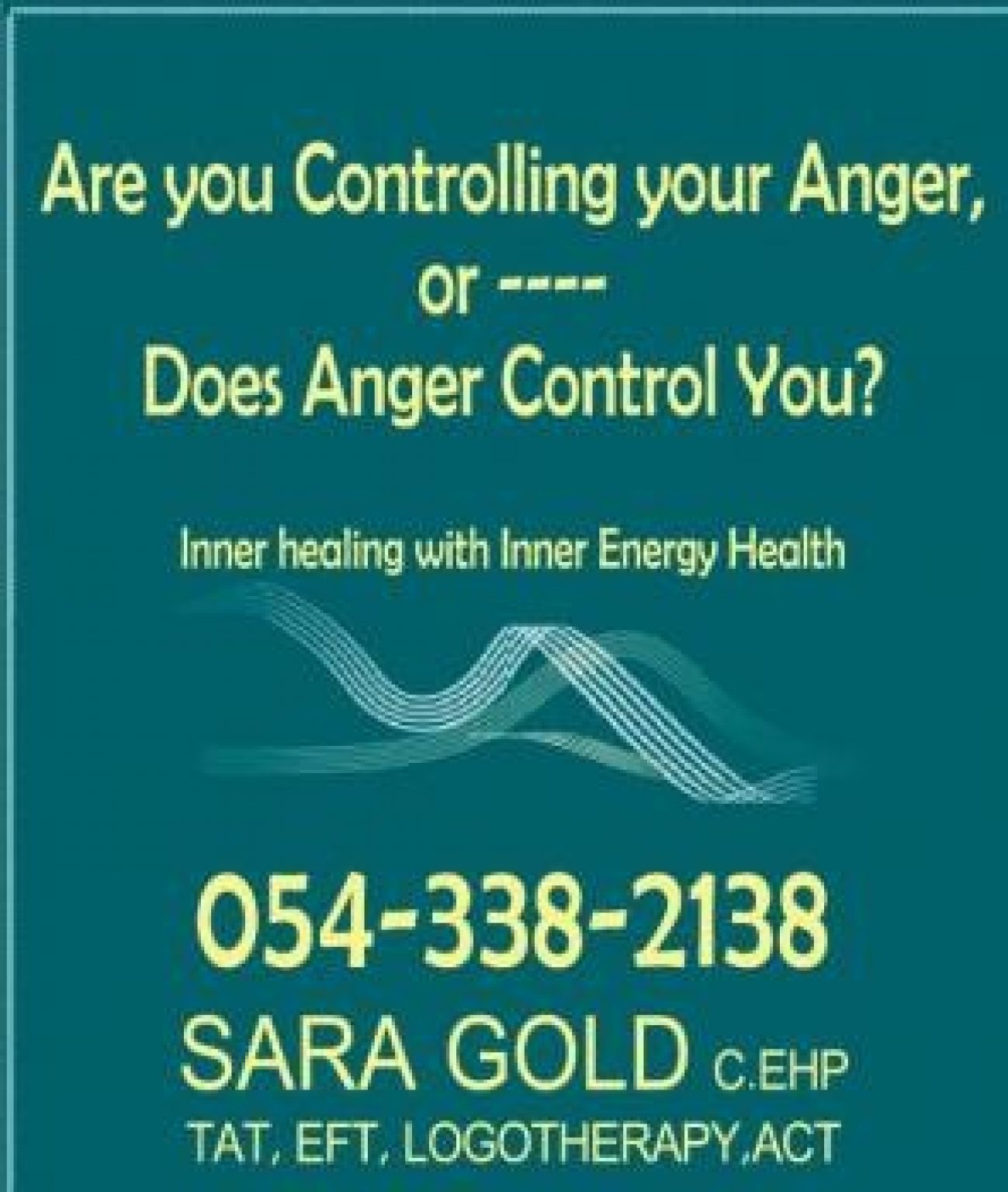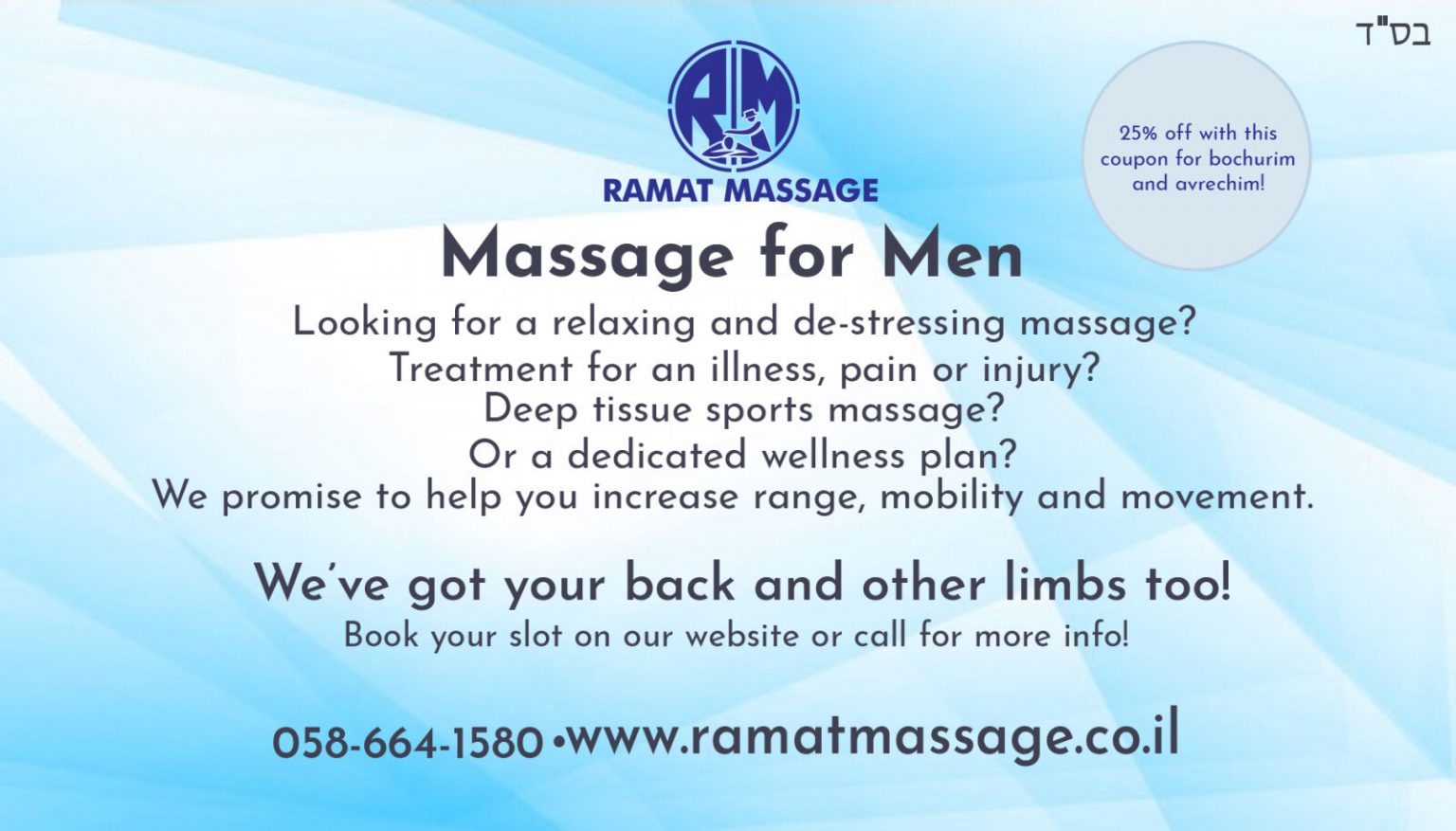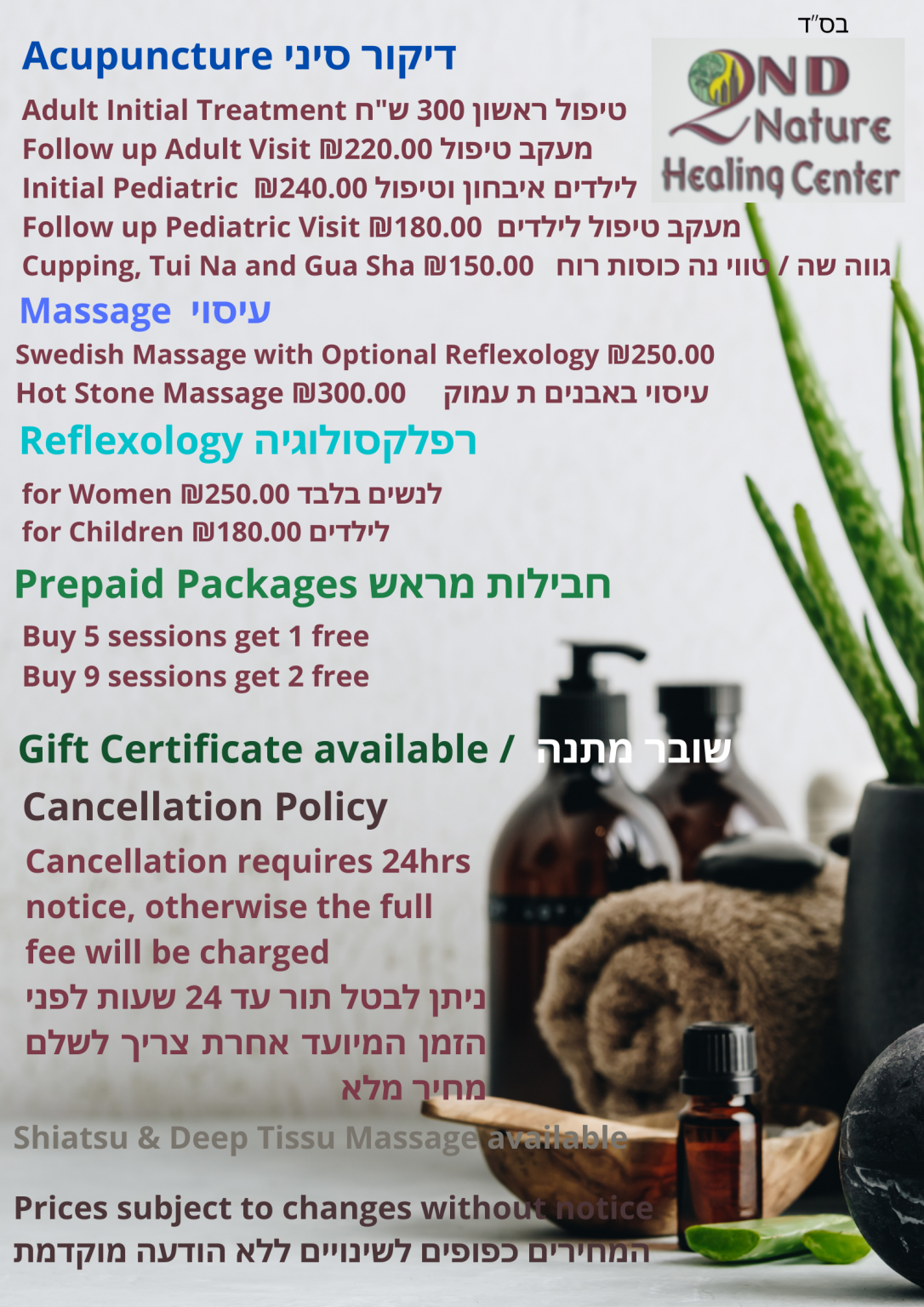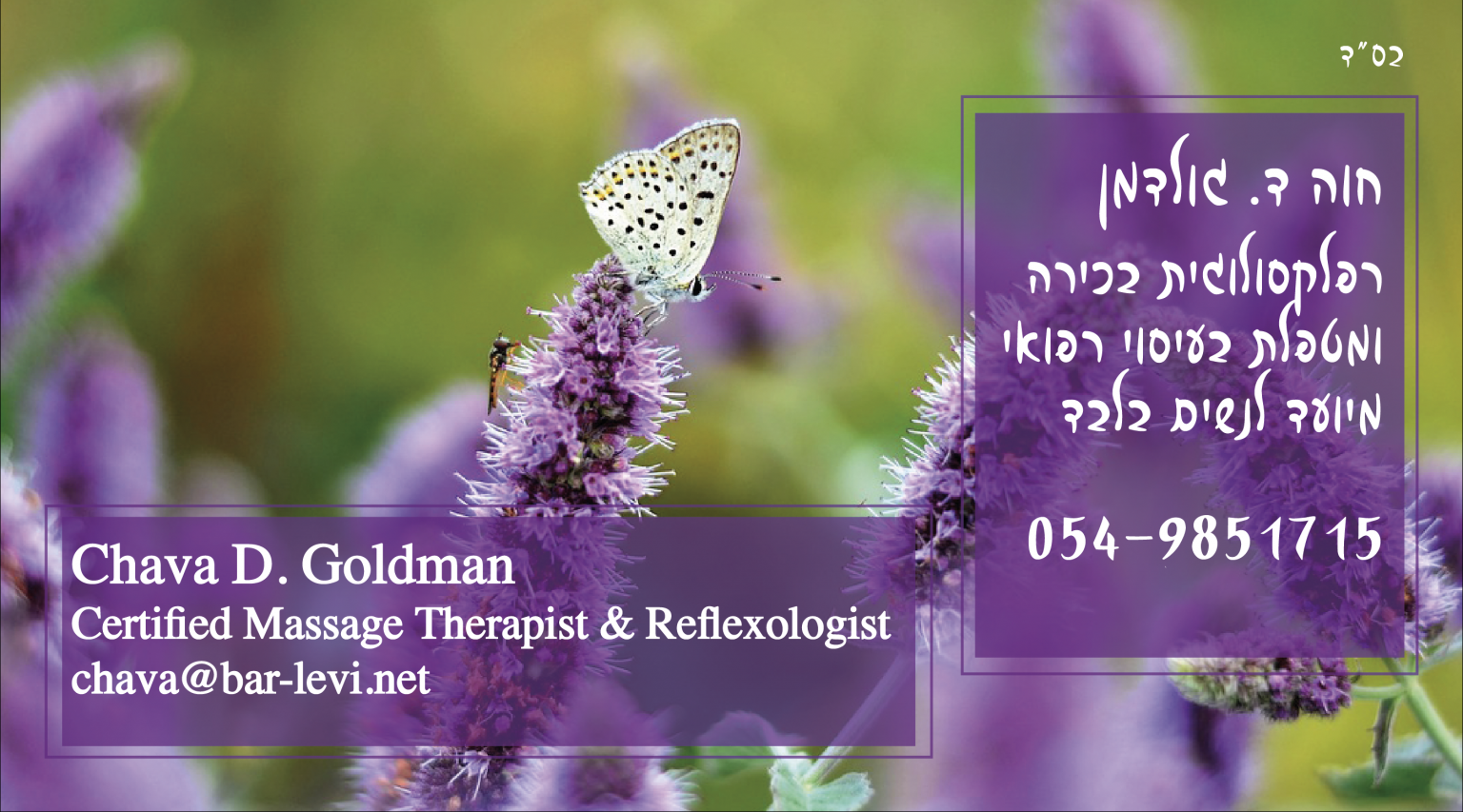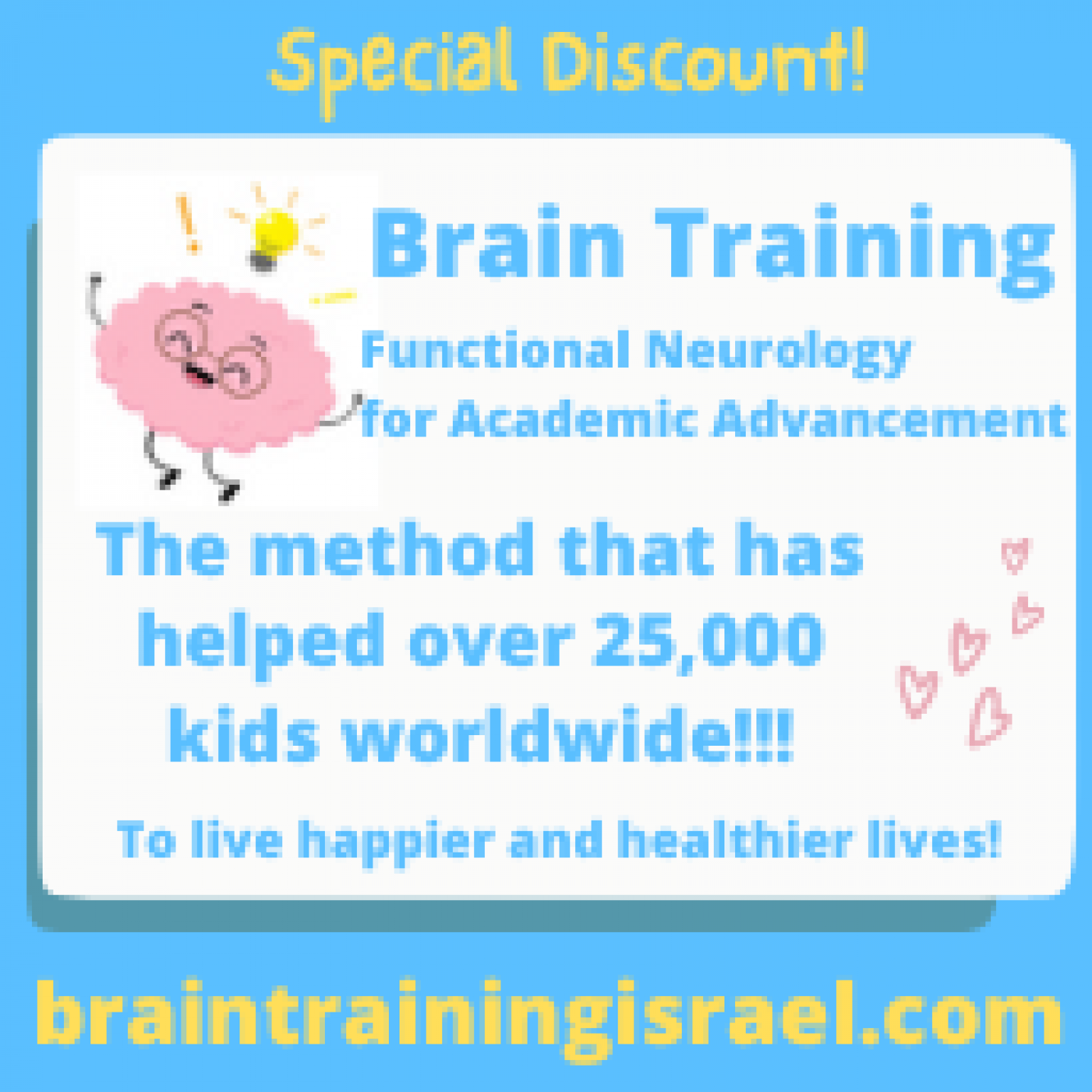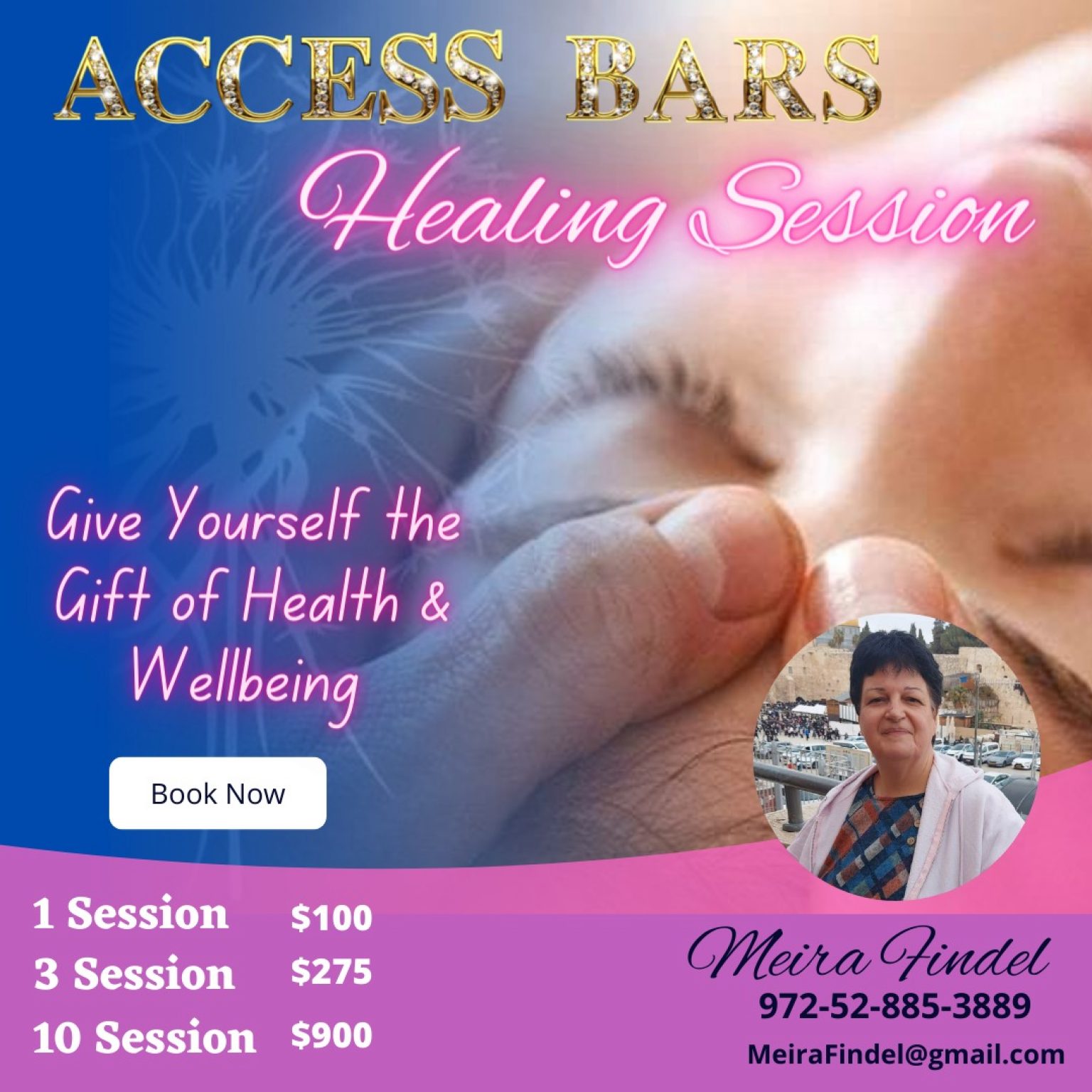What exactly is Holistic Health and what can it do for you?
The word “holistic” is incredibly popular nowadays. We hear all sorts of holistic dentists, holistic practitioners, holistic study courses, holistic nurses, moms, philosophies, remedies, and so on. But what does the word holistic mean?
And, more importantly, how can Holistic Health you apply it to your life?
The American Holistic Health Association (AHHA) defines the word “holistic” as, “to promote optimal health and as a by-product, to prevent and treat disease.” While it’s not the most glamorous definition as it could be also used for Alopathy in general, Certified Holistic Health Practitioners (CHHP) assist others in promoting optimal health by providing them with a functional and definitive plan to follow along with motivational support, with lifestyle modifications to promote the entire (or holistic) wellbeing of the patient.
Holistic Health is therefore an integrative way to harmonize body, mind, and spirit.
Some modifications most often consist of a combination of changing their food intake, helping them to have good sleep, reducing stressors, increasing bodily activity, and teaching them to love themselves unconditionally as well as addressing unhealthy relationships. Holistic Health is perforce whole-istic, in that it takes the whole person into account, including his/her personality. It’s not meant to merely treat symptoms, as much of modern medicine is all about.
The primary method of care when choosing a CHHP is to empower patients to heal themselves by addressing the causes of their disease and facilitating lifestyle changes through knowledge. The difference between this type of care and allopathic or western medicine as it is so often called, is that allopathic doctors regular M.Ds, address the physical symptoms only and many times do not address the root cause.
The last time you went to visit your primary healthcare physician and complained of something, do you recall them trying to figure out why you are suffering, or taking out their notepad and prescribing the first medication that comes to mind? Usually, it’s the latter. We are starting to see more M.Ds ask more questions about lifestyle, but we must remember that the typical four-year medical school requires only three credits of nutrition class. That’s ONE nutrition class. CHHP takes approximately two years of nutrition classes.
There is one big disadvantage of holistic health therapy and that is: that it takes time.
Holistic Health is not, in any way, a quick fix. In fact, that’s how you identify a quack: he promises quick results or surefire cures. While these may be possible, there are no guarantees this can happen to every single patient, so promising something like that is a big giveaway.
Allopathic medicine does have this advantage in that if you are hurting from painful migraines you can go to the doctor and get some meds and the migraines will go away. But, again, they are only treating the symptoms. With holistic health, we would look at your past medical history as well as your current life and find out why you are suffering these painful migraines. Holistic health treatments take time however the rewards are substantially greater since they tend to treat the body, mind and soul as we explained.
Wouldn’t anyone want to stop being a chemical-laden medicine slave, eliminate those painful migraines and never need an aspirin again? Holistic therapy requires the 100% complete participation of the seeker. It will simply not be effective if the client does not have their heart and soul into treatment.
The powers of Holistic Health therapy cannot be overstated
While allopathic medicine focuses on the elimination of the symptoms and is costing countries billions of dollars a year, Holistic Health focuses on teaching patients to take responsibility for their own health, and in so doing is cost-effective in treating both acute and chronic illness. We are not even taking into account that allopathic medicine is the third greatest cause of death in the US.
Most skepticism of alternative health modalities is fueled by the unfortunate fact that modern medicine tries to discredit alternative means of healing because it is much more profitable for them to use surgery and pharmaceuticals, not on any real grounds for concern. You may hear that they tried a holistic method without any success or that they had some weird side effect or even felt worse.
However, Holistic Health is the future and will save countries billions of dollars in healthcare costs. The label holistic health practitioner can be applied to a number of different health care professionals. In fact, any healthcare professional who incorporates the larger holistic approach within his or her practice may be considered a holistic health practitioner. But, what is that larger approach? What are the major characteristics of the holistic approach?
A holistic health approach involves an explicit acceptance of the connection between mind, body, and spirit.
Those who adopt the holistic approach to health understand that there are acute illnesses and conditions that demand traditional medical interventions. But, they also believe that the prevention of illness, the maintenance of everyday health, and rehabilitation following a severe health issue, are best addressed by considering the whole person. As a rule, practitioners of holistic healthcare tend to act as healthcare partners with their clients. They encourage their clients to take an active role in preserving and enhancing their own health and in determining the best course of treatment when active interventions are required. Nutrition, physical fitness, and social and emotional well-being are likely to be taken into account in any plan of action.
Perhaps because they represent alternative and complementary approaches to healthcare, we tend to think of herbalists, massage therapists, reflexologists, naturopaths, and acupuncturists as holistic health practitioners. But, it is not the healing specialty that determines whether a particular individual is, in fact, a holistic healthcare practitioner. Even a physician trained in traditional medical practices may be a holistic practitioner. It all depends on the healthcare philosophy adopted and the types of additional training the individual has sought out.
Today there are schools that supplement the training they provide in specialized forms of healing with additional broad training in holistic healthcare. This means that students are likely to be introduced to such topics as energy systems, nutrition, natural remedies, and body work. Upon completion of their training, students may earn a certificate in holistic health.
Here are a few vital points to know about Holistic Health.
- A practitioner’s experience may be true for you, but that does not mean it is true for everyone else, and there could be other reasons that contributed to their experience. We can very easily find another group of people who had great success and no side effects with the exact same treatment method they used.
- This is because not everyone’s body responds to a particular treatment or healing approach in the exact same way. Even though you may share the same health condition with someone else, each of you has a unique body chemistry and genetics and the same disease can have a different process or impact from person to person. Each of these factors influences the results that will be achieved. In addition, someone with a liver, lymph system, endocrine system or other organ or system that doesn’t function optimally may have a very different response than someone with healthier organs and systems.
- Just because one treatment approach is ineffective for one person, does not meant it will be ineffective for you or others and that doesn’t mean that “all” holistic health care is ineffective. Results can be completely different from individual to individual. A lot of times it requires some trial and error to find what works best with your biochemistry and specific circumstances.
- Additionally, this is true whether we are talking about a holistic health method or traditional pharmaceuticals. Regardless of whether we’re talking about natural remedies or prescription drugs, what is effective for one may not work at all for another, but overall holistic health is much more effective and a lot safer. We can find hundreds of thousands of people who have severe side effects, get worse, develop more serious health conditions or even die from prescription drugs. On the other hand, these events are rare within the field of natural health.
Holistic health or alternative health has actually been around longer than prescription medication or so-called “modern” medicine.
Plants and herbs have been used successfully to heal by many civilizations for centuries and most pharmaceutical drugs have their roots in herbal medicine. For example, the well-known aspirin originated from an herb called white willow bark.
However, a crucial fact that many are not aware of is that just because something is natural does not mean it will automatically be free of side effects, complications, or risks. Many people doctor themselves before first doing their homework and having a thorough understanding of the method they are using.
Herbs, plants, vitamins, minerals, or any alternative treatment method can be just as potent as a prescription and requires a great deal of education and research to be sure you achieve the desired results. They should be taken or performed as prescribed by a knowledgeable health care provider. For example: some holistic remedies that are effective for depression can have a negative effect on someone with Parkinson’s.
Too much or too little of a particular herb can be ineffective, while too much of a vitamin or mineral can be just as bad as not enough. There can be complications or interactions even within natural substances, as one herb or even treatment modality such as massage or acupuncture may counteract or rev up another treatment approach and vitamins and minerals work in conjunction with one another
Additionally, herbs and other natural substances can interact with prescription medication and reduce its effectiveness and vice versa. Its extremely important that you consult with a holistic health care provider and disclose all medications and conditions prior to medicating yourself.
Another important issue that may impact the results of a holistic health remedy is the quality of the product or service you use. It’s vital to do your homework in this area as well and only use products and services from reputable companies. The natural health field is not immune to sales hype and scams. You must be a diligent and informed consumer regardless of what path you follow.
Breaking free from the old way of thinking that conditions us to believe that drugs and surgery are the superior method of treatment can be frightening and difficult. It may seem foreign, threatening or strange at first, but when you get the facts about holistic health, you realize that it makes a lot of sense.
Holistic health offers us an abundance of wholesome, non-toxic, affordable approaches from herbal remedies and nutritional supplements to massage, acupuncture, yoga, detoxification, changes in lifestyle, environment, and diet or colon cleaning, chiropractic manipulations, meditation, and many more that attempt to not only restore balance and harmony in the body but to society and the planet as well.
It’s an empowering approach where the patient works with the health care provider as a team and is encouraged to be an active participant in the health care plan, educate themselves about their condition and engage in a variety of self-care techniques and practices.
Unlike modern medicine, which only attempts to suppress symptoms, holistic medicine attempts to correct the health condition by finding the underlying cause. Instead of stuffing everyone with a cookie-cutter treatment plan, holistic health care is a whole body/mind approach that is individualized according to each person’s specific needs.
The ultimate goal is to enable each person to reach their highest sense of well-being, function as optimally as possible and live life as fully as possible regardless of the presence or absence of disease.
Enjoyed this article on Holistic Health? Share it around!
Let us know your comments below!







